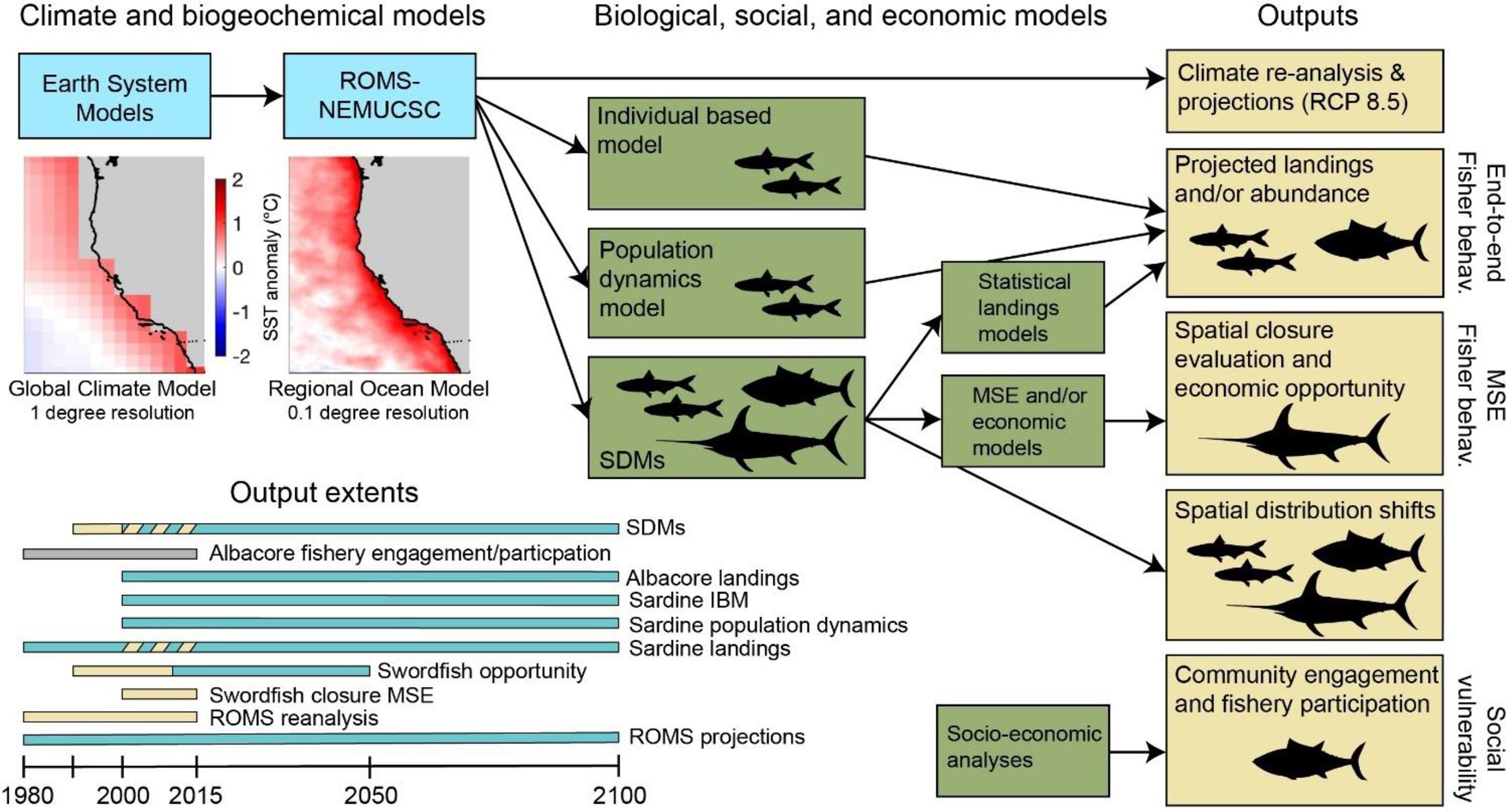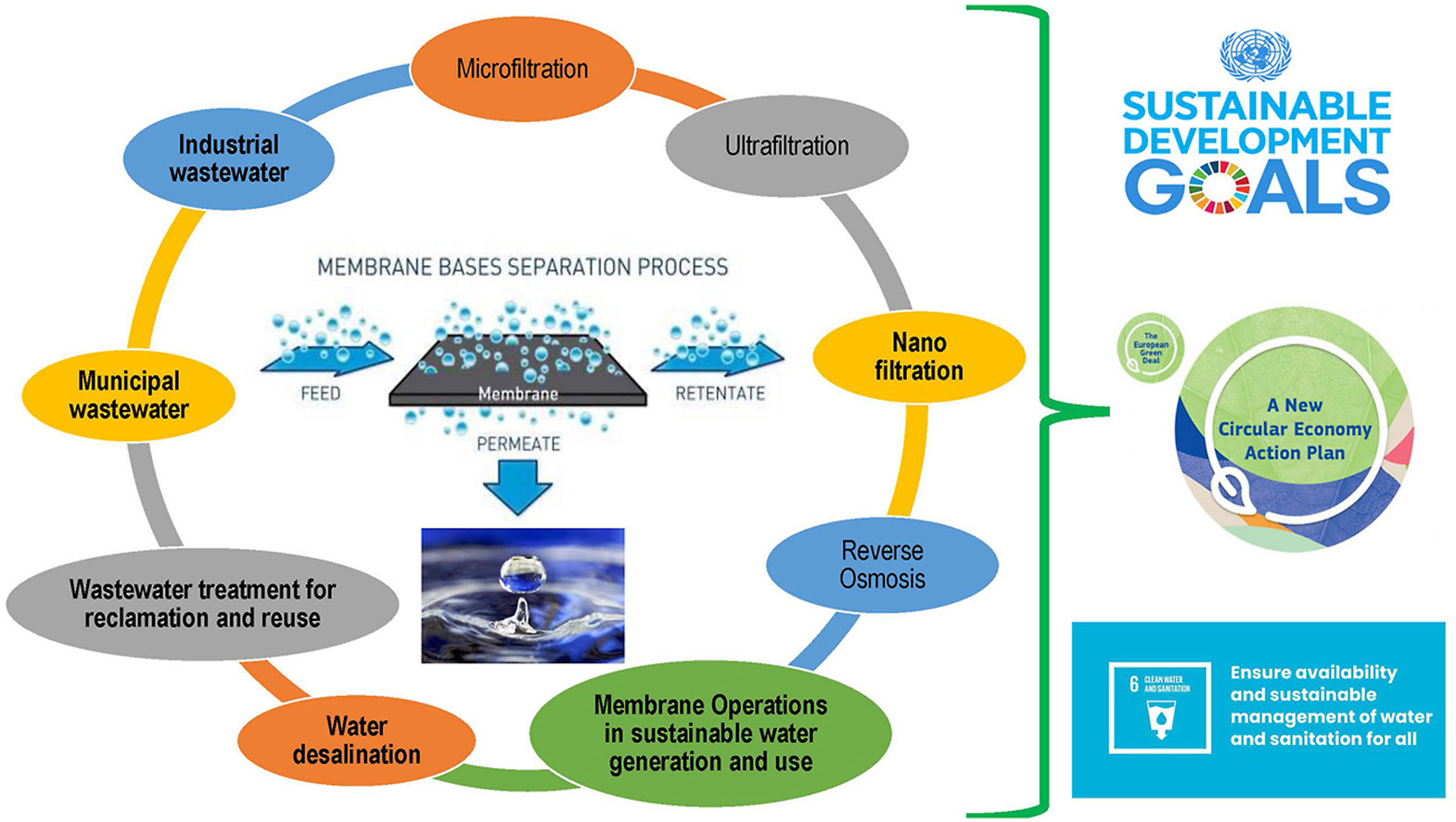Elsevier,
The Lancet Planetary Health, Volume 7, February 2023
This Article supports SDGs3 and 13 by asessing the potential impact of net zero greenhouse gas emissions on public health in England and Wales. The authors showed that there are likely to be substantial net benefits for health, with greater benefits associated with faster and more ambitious changes.
Elsevier,
Ocean Modelling, Volume 181, February 2023
This paper based on three implemented Regional Climate Models (RCMs), namely CMCC-CCLM, CNRM-ALADIN52, and GUF-CCLM-NEMO, for RCP4.5 and RCP8.5 scenarios of the 21st century. Atmospheric modelling datasets cover the Reference (1971–2000) and Future (2071–2100) Periods of climate projections. The results produced within this study can be used for investigations in specific locations of the Mediterranean basin within integrated hydrologic/hydrodynamic modelling under projected climate change conditions during the 21st century.
Elsevier,
Ocean Modelling, Volume 181, February 2023
This paper show the mathematical and theoretical background of the machine learning algorithm used in this work, the LSTM. The data used are described and the methodology of framework is presented. It shows the predictions results based on LSTM and comparisons with ERA5 and buoy observations.
Elsevier,
Progress in Oceanography, Volume 211, February 2023
This study shows downscaled climate projections that, without strong curbing of emissions, the California Current System (CCS) will undergo significant change this century, including 2–4 °C warming of sea surface temperature and an almost ubiquitous shift to novel conditions
Elsevier,
The Lancet Public Health, Volume 8, March 2023
This Article supports SDG 3 by finding, through a systematic review and meta-analysis of 135 studies, high prevalence of common mental disorders during the perinatal period (pregnancy and post-partum) among migrant women - eg, a 24.2% prevalence of depressive disorders. The authors note that mental health should be discussed and assessed in this population (ie, migrant women in maternity settings), and other social determinants of mental illness in this population need to be addressed (eg, poor social support).
Elsevier, The Lancet Healthy Longevity, Volume 4, February 2023
Background: Type 2 diabetes is associated with an increased risk of depression, but the extent to which risk factor modification can mitigate this risk is unclear. We aimed to examine the association between the incidence of major depression and clinically relevant depressive symptoms among individuals with type 2 diabetes, according to the number of risk factors within the recommended target range, compared with individuals without diabetes. Methods: We did a prospective analysis of population-based data from the UK Biobank and the Maastricht Study.
Elsevier,
Engineering Applications of Artificial Intelligence, Volume 117, Part A, 2023, 105617
An examination of the challenges involved in water demand forecasting, with a particular focus on the impact of COVID-19 on the performance of various machine learning models designed for this purpose.
Elsevier,
Sustainable Chemistry and Pharmacy, Volume 25, 2022, 100590
Clean water resources are crucial for societies in order to maintain safety as well as social, ecological and economic progress. As the population grows, agricultural, domestic and industrial activities produce large amounts of wastewaters that can be treated and reused in variety of purposes considering circular economy philosophy. This review presents the challenges and future prospects of wastewater treatment using membrane technologies and is related to SDG 6: Clean water and sanitation.



